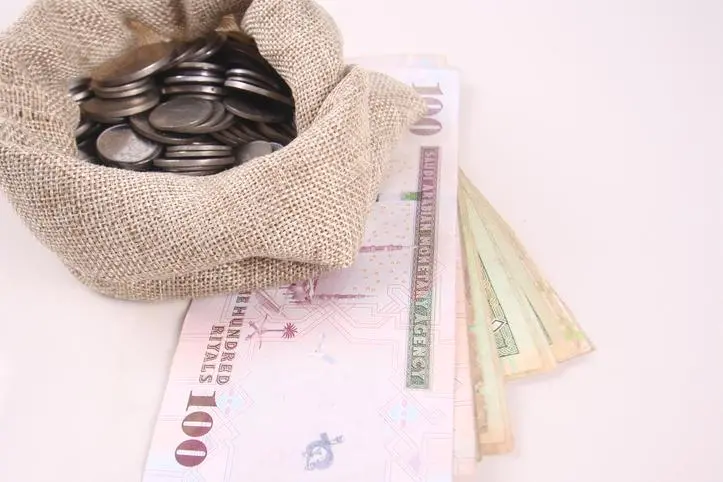PHOTO
While there has been some progress over the past decade, the contribution of Islamic finance to North African economies remains small due to a lack of a favorable regulatory environment in the region, S&P Global Ratings said in a new report titled “Islamic Finance is still finding its feet in North Africa”.
This is despite the severe economic fallout from the COVID-19 pandemic and the limited fiscal space for economies in the North African region pushing governments to tap into all sources of financing, including those compliant with Sharia law.
S&P Global Ratings said that while sukuk issuance could help mobilize external resources, it is neither a panacea nor free money.
“And while investors are actively chasing yield given the lower-for-longer interest rate environment, issuers with weaker credit quality are likely to find it more difficult to access the market. In this context, some North African countries might face some restrictions in tapping the market, even if they decide to follow the Islamic route,” said S&P Global Ratings credit analyst Anais Ozyavuz.
Islamic finance is not only about sukuk issuance, it also includes banking and insurance activities. While it has become slightly more prevalent over the past five years, the contribution of Islamic banks to the overall banking system in North Africa remains limited.
This is largely because Islamic banks have focused less on their economic added value and more on leveraging their religious differentiation, sometimes offering products that are more expensive than conventional peers. In some countries, the limited refinancing sources for Islamic banks has also stymied their growth, according to the ratings agency.
One lesson learned from its minimal development since the 1970s is that the presence of a Muslim population is a necessary, but insufficient, condition for the industry to thrive. A favorable regulatory environment and a stronger focus on the economic added value of this type of financing are also key factors.
It remains to be seen whether the promulgation of a Unified Code for Islamic finance by The Dubai Islamic Economy Development Center and its partners would help make this a more popular financing route in the region.
(Writing by Brinda Darasha; editing by Daniel Luiz)
Disclaimer: This article is provided for informational purposes only. The content does not provide tax, legal or investment advice or opinion regarding the suitability, value or profitability of any particular security, portfolio or investment strategy. Read our full disclaimer policy here.
© ZAWYA 2021





















